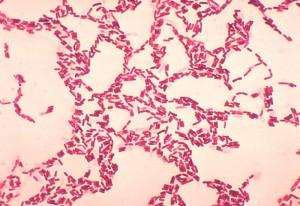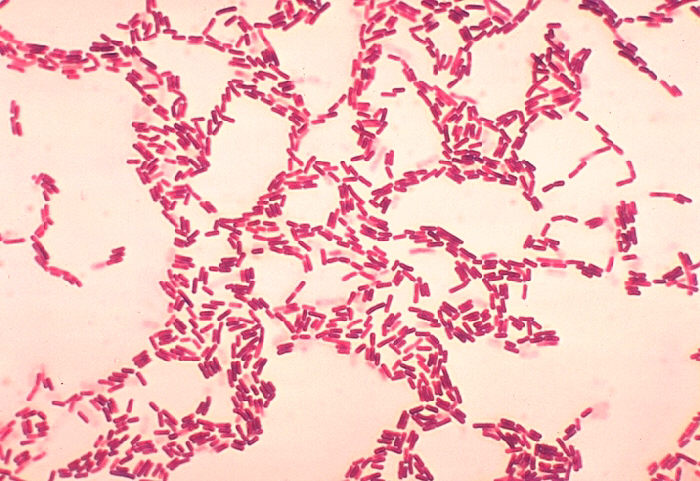 They’re everywhere. Probiotics. But did you know most of them aren’t going to fix anything?
They’re everywhere. Probiotics. But did you know most of them aren’t going to fix anything?
The word probiotic means literally “for life” and, depending on who you talk to in the medical community, probiotics can indeed be life-giving.
Let’s break down the theory behind probiotics. In every human being, approximately one pound of weight consists of billions of bacteria that inhabit the body, particularly the intestinal tract, specifically the small intestine. These bacteria are essential to the functioning of this organ. They’re divided into two unscientific groups – “good” bacteria and “bad” bacteria. At any given time, the small intestine should consist of about 85% good bacteria, which keeps bad bacteria, including strains like E. Coli and Salmonella, at bay.
Unfortunately it’s all too easy to upset this delicate balance. Chlorine, which is used to treat tap water, kills off good bacteria in the intestines. The overconsumption of alcoholic drinks can also cause this problem. Medical antibiotics are another problem: designed to kill the bad bacteria in your body, they ultimately wipe out everything, including the good bacteria in your intestinal tract. Birth control, stress, and illness can also affect your good bacteria count.
Enter the probiotic fans who claim you can fix these conditions by eating yogurt. Remember, probiotics are essentially reinforcements for the good bacteria. You can buy them in supplement form or ingest them by eating certain foods. BUT: The hydrochloric acid in your stomach kills most live bacteria cultures. The only way to guarantee the effects of probiotics reach the intended areas is if they are enteric. That means they must be protected against the acids in the mouth and stomach.
The question is how to take them? If you need them to address a medical condition you’re going to need to beat stomach acid.
Enteric coating is a polymer barrier on oral supplements. This helps protect tablet supplements from the acid in the stomach. Another coating, alginate, also protects the bacteria until it gets into the small intestine where it is safe. So, tablets are going to be a better option if you are trying to address a specific health problem.
For overall health, consuming heavily laced probiotic foods including live-culture yogurt (skip the sugary ones), sauerkraut, high cacao dark chocolate, buttermilk, kefir, and tempeh is likely beneficial. The trick is to eat them on an empty stomach so there’s a chance some will make it to the small intestine. But remember, the stomach is a harsh place to hang around. There’s a lot of grinding and acid. The trick is to get in and out fast.
There’s another school of thought. Pre-biotics. These only get released when they are past the stomach and hit the small intestine. Check out this guy to learn more.

